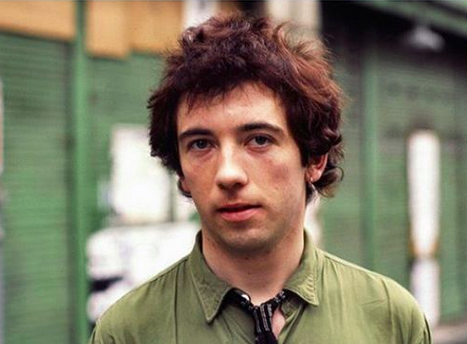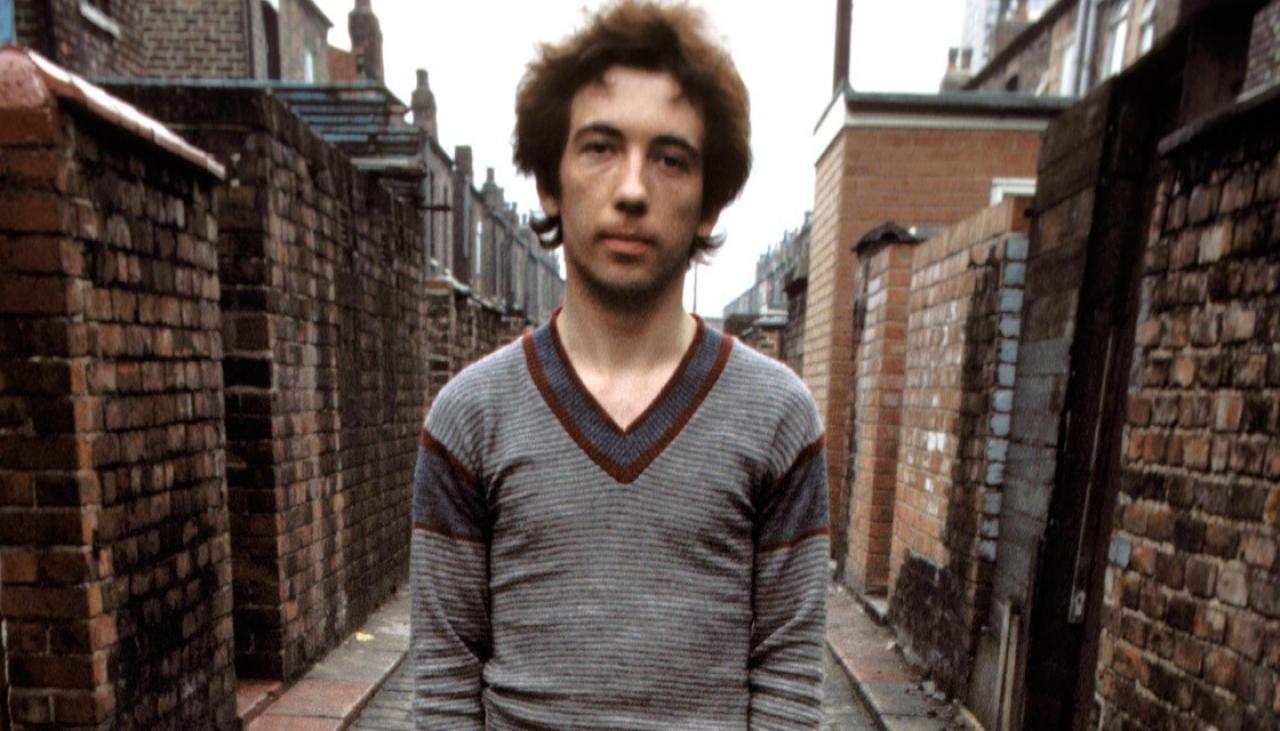In the widest scale of things, punk legend Pete Shelley will be remembered as the writer of that song, you know, the one in Shrek 2. As his Collected Lyrics attests, he should actually be remembered as one of the UK’s most prolific and influential songwriters and musicians.

Born Peter Campbell McNeish in Leigh, Lancashire in 1955, Pete taught himself guitar by playing along to his Beatles collection, progressing to T-Rex, Bowie and The Velvet Underground. His guitar and his mastery of it became tools for his iconoclasm, and his genius for producing what he called ‘anti-music’ provided the antidote to the mid-70s myth that guitar stars were some kind of gods. With Howard Trafford (the nascent Devoto), he took a now legendary road trip South to see some scallywags called the Sex Pistols and the rest is Buzzcocks history. Always a pioneer, his band’s self-financed Spiral Scratch EP created a DIY music business model and ushered in a new era of independent labels and musical self-publishing.
Pete saw Punk as a kind of ‘big bang’, but he never really seemed comfortable with the ‘punk’ pigeonhole. Energised by that initial explosion, he set about creating classic and eventually timeless guitar pop music. He had a genius for melding short and simple melodic structures with lyrics that described the highs and lows of the human condition. A lot of his songs were about yearning or love won and lost. Despite the seeming simplicity of much of his recorded work, his music could, paradoxically, be complex and demanding. Fittingly so, as Pete was an enormously complex and paradoxical human being. A genial host with a withering wit, he could be generous and petty, often in consecutive sentences. A very private man, he never forgot his many friends. He never forgot much at all, as those who met up with him only sporadically found out.
Nine studio albums with Buzzcocks, three as a solo artist and a galaxy of compilations, remasters, singles and tv themes refute his own assertion that he was a ‘conscientious objector to work’. He worked enormously hard. Maybe too hard. Buzzcocks were a working band, rarely off-duty and never far away. The rigour of the routine hardly affected the sparkle of the show. Locked into this world too, his relationship with co-Buzzcock Steve Diggle (likened by some to a 40-year plus marriage) was all the more remarkable: chalk and cheese, some reality and a fiction romance. It didn’t always work, but they always came back to each other. The whole, it appeared, was greater than the sum of its parts.
Pete’s recorded catalogue spans an astonishing five decades, from his earliest electronic experimentation in the early 1970s to the last fully-realised Buzzcocks album The Way, released in 2014. While it’s true that his own profile was highest at the outset of his career, the methodology he devised created a genre and influenced and inspired generations of bands. Without Pete Shelley and Buzzcocks, it would be hard to imagine that REM, Nirvana, Green Day and a host of others would have found their niche. While times and tastes changed, Buzzcocks didn’t. Pete ploughed his own furrow, often to his own commercial disadvantage. He had the unfortunate distinction of being one of the very few artists for whom a Radio 1 ban did not result in massively enhanced sales. His 1981 solo single ‘Homosapien’ (a worldwide hit elsewhere) was deemed by the grey suits at the BBC to be too explicitly homosexual in theme, even though the song’s lyric (had they bothered to listen to it properly) explored the commonality of love and attraction across the human condition, regardless of gender or sexuality. This was a constant theme in his work. He was studiously non gender-specific in his lyrics, preferring to focus on what was universal. This approach mirrored his own sexuality and made his work inclusive and relatable.
His legacy will always be coloured by reference to his signature tune and by the name of a TV show that misappropriated his band’s name and iconography. But those things don’t matter. Pete Shelley was the original and the best. He is hugely missed.
Pete Shelley, 1955 – 2018.


